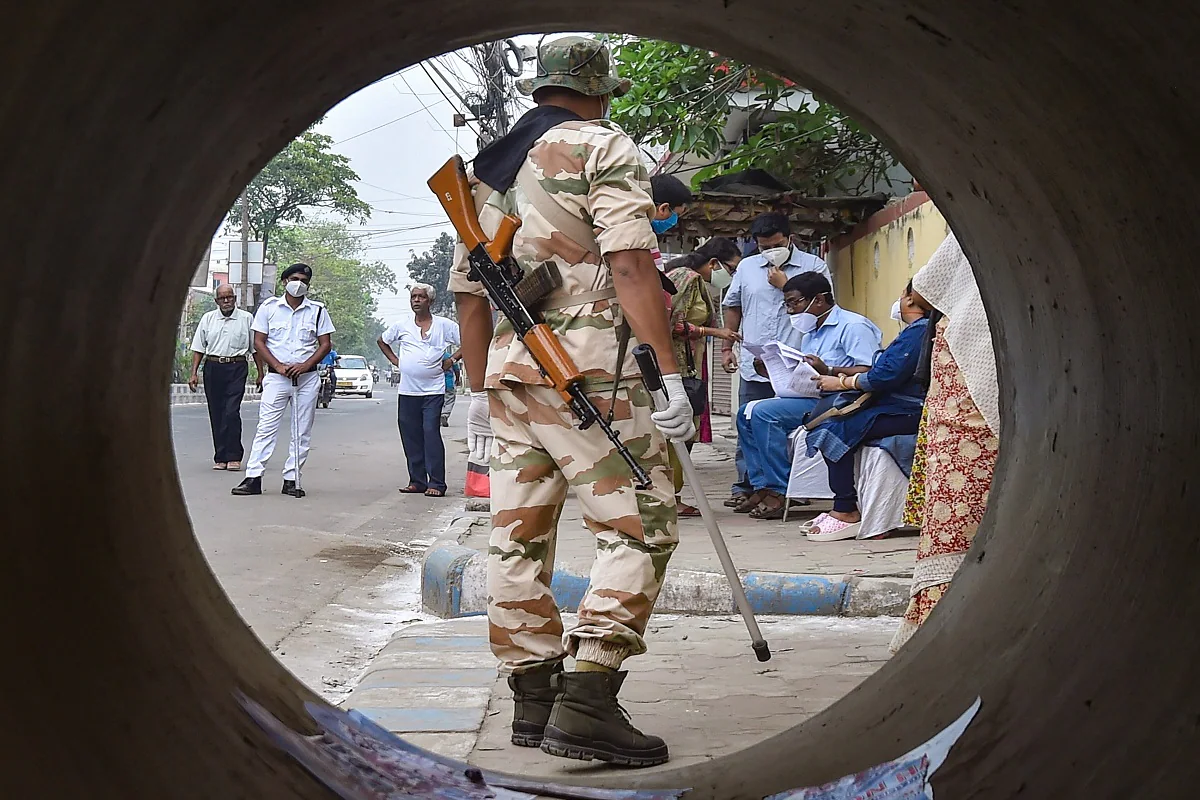According to a study conducted by a team of researchers at the University College London (UCL) prior COVID infection can reduce the risk of developing the disease for upto 10 months after infection.
The study, published in The Lancet Healthy Longevity, looked into the reports of 682 care home residents, with a median age of 86, and 1,429 staff in care homes. It was found that a third of the participants showed signs of having COVID antibodies. Approximately 85 percent of the care home residents, who had previously been infected with the virus, had a lesser chance of contracting the virus again. In the case of the staff, it was 60 percent.
Maria Krutikov of the UCL Institute of Health Informatics, the lead researcher of the study, said, “It’s really good news that natural infection protects against reinfection in this time period. The risk of being infected twice appears to be very low.”
“The fact that prior COVID-19 infection gives a high level of protection to care home residents is also reassuring, given past concerns that these individuals might have less robust immune responses associated with increasing age,” she added.
The study did not consider the impact of vaccination and removed people 12 days post their first jab. A separate study will be conducted to investigate the efficacy of the vaccines.




